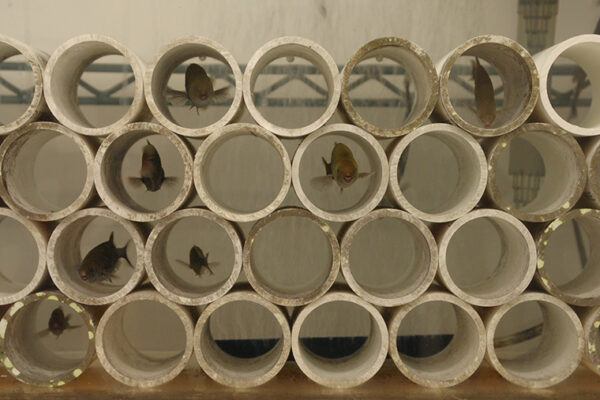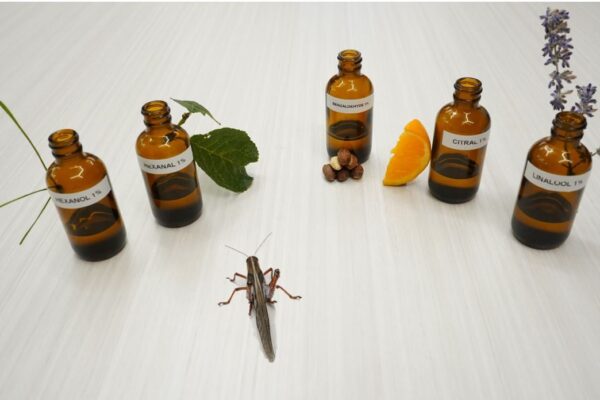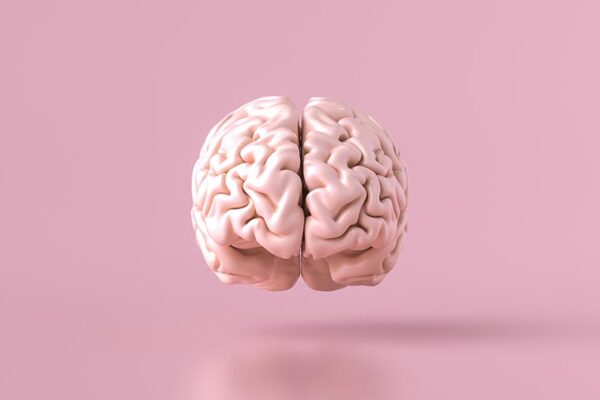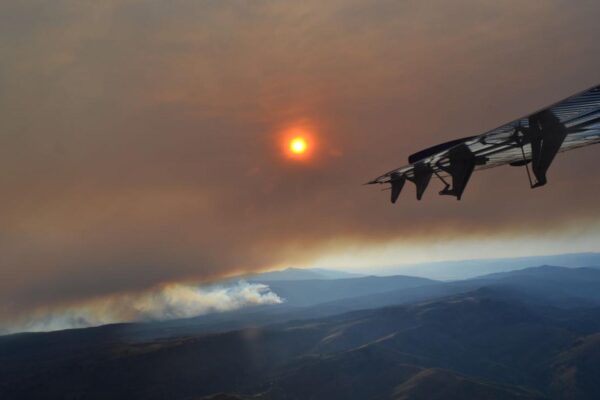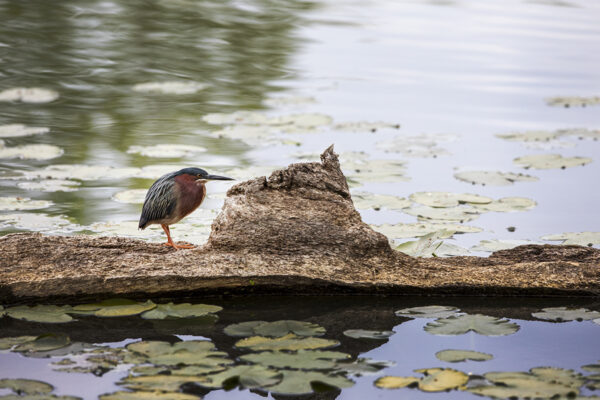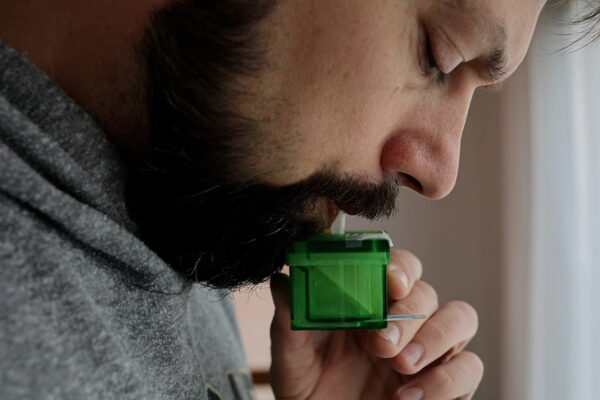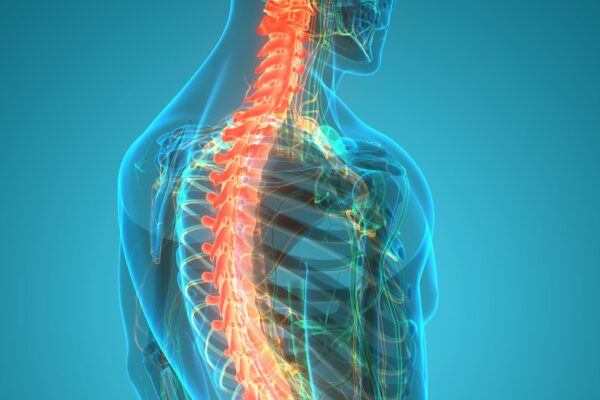Hormone alters electric fish’s signal-canceling trick
New research from Washington University in St. Louis shows that testosterone — which naturally triggers male electric fish to broadcast slightly different signals during the breeding season — also alters a system in the fish’s brain that enables the fish to ignore its own signal. The study by biologists Matasaburo Fukutomi and Bruce Carlson in Arts & Sciences is published in Current Biology.
Chun wins NASA FINESST grant
Sohee Chun, a graduate student in physics in Arts & Sciences, was awarded a Future Investigators in NASA Earth and Space Science Technology grant to optimize the shield inside a crysostat and around a gamma ray detector.
Good smells, bad smells: It’s all in the insect brain
Barani Raman and his lab at the McKelvey School of Engineering studied the behavior of the locusts and how the neurons in their brains responded to appealing and unappealing odors to learn more about how the brain encodes for preferences and how it learns.
Fast ‘yes’ better for brain than slow ‘no’
Research from mechanical engineers Ruth Okamoto and Philip Bayly at the McKelvey School of Engineering finds that the brain’s vulnerability to head motion depends on the direction and frequency, not just impact strength.
Fanning the flames
Research from Rajan Chakrabarty and Rohan Mishra at the McKelvey School of Engineering reveals an unexpected impact of wildfires on climate change.
Into the forest
For decades, Forest Park has enticed generations of WashU community members to step outside the university’s campuses and explore. Today, students and faculty are venturing deeper into the woods to learn about the biodiversity that teems there.
AI + Design
WashU students and faculty are cutting through the hype and grappling with artificial intelligence.
Scientists develop breath test that rapidly detects COVID-19 virus
Scientists at Washington University have developed a breath test that quickly identifies those who are infected with the virus that causes COVID-19. The device requires only one or two breaths and provides results in less than a minute.
A low-cost potential therapy for spinal cord injuries
Ismael Seáñez at the McKelvey School of Engineering is developing a new method to treat spinal cord injuries that uses a low-tech electrode array that effectively stimulates muscles in the legs in people with spinal cord injuries.
Analyzing generative AI’s copyright crisis
Artificial intelligence tools like ChatGPT and Copilot offer helpful assistance to programmers, but computer scientists at the McKelvey School of Engineering have shown that both open-source and commercial AI platforms frequently generate copyright-infringing content.
Older Stories
